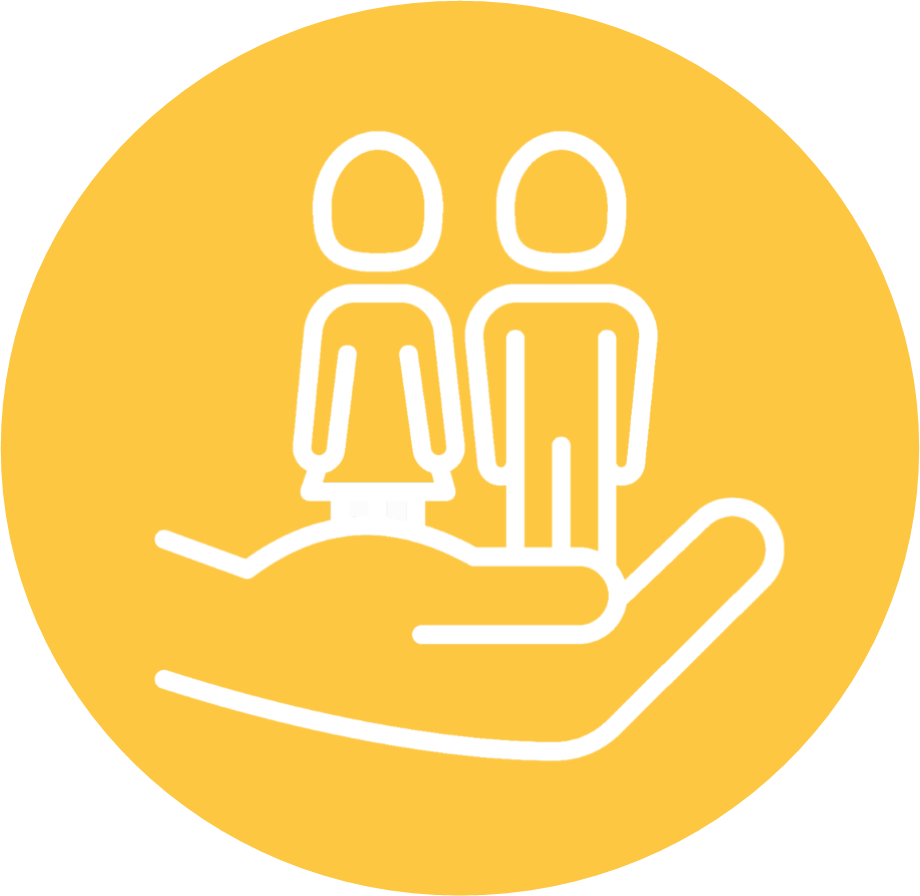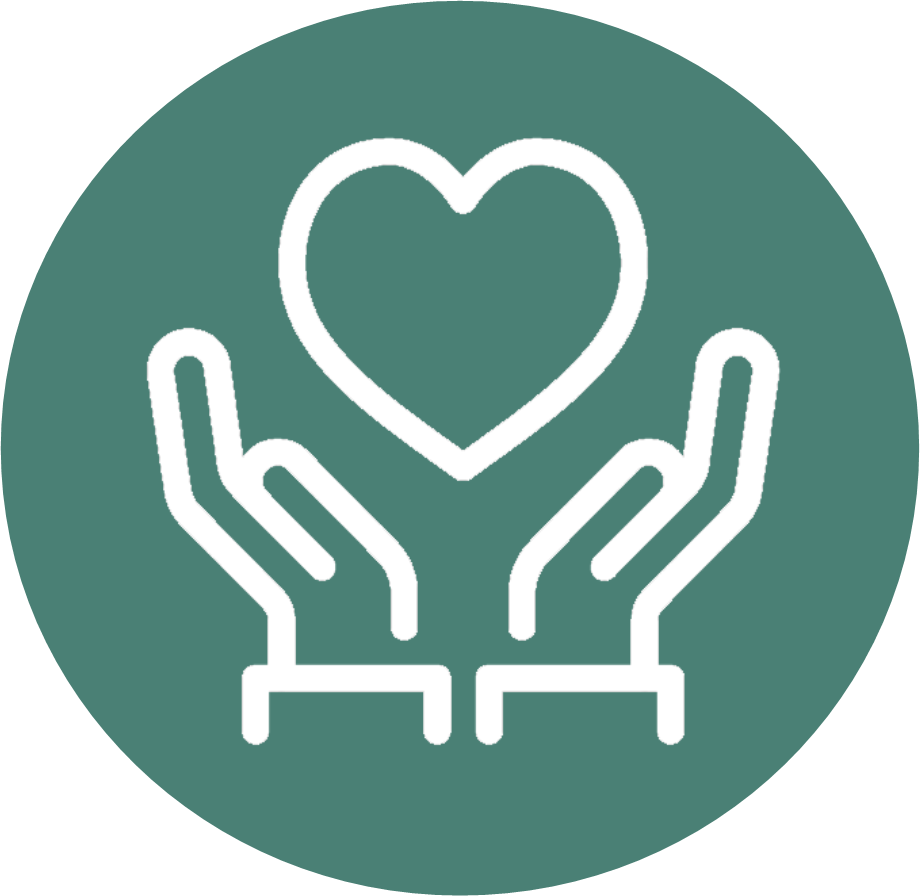Impact of COVID-19 on children and families
The coronavirus is exacerbating some of the biggest risk factors for child abuse and neglect: domestic violence, financial stress, and social isolation.
According to Wayne State University School of Social Work Assistant Professor Kristina Nikolova, the closure of schools and other child-friendly public places removes children from contact with teachers, coaches, and others who can catch initial concerns about families under stress and refer them for help. Added to the extended amount of time children and caregivers are in constant contact with each other in a limited amount of space and conflicts can arise.
For some children, home is not a safe place.
Caregivers are under financial pressures and the continued economic uncertainty is hindering parents' ability to rely on coping mechanisms and respond to children effectively. Under the current situation, families might not receive the assistance they need until events escalate.
Parents and caregivers may need additional help, many of whom are caring for children with special needs or children who have often experienced trauma in their own homes. Their usual network of support including caseworkers, teachers and therapists is disrupted. Many caregivers lack access to technology or sufficient internet connection for the bandwidth needed for online support.
What is child abuse and neglect?
Child Abuse: Harm or threatened harm to a child's health or welfare that occurs through non-accidental physical or mental
injury, sexual abuse, sexual exploitation, or maltreatment, by a parent, a legal guardian, or any other person responsible for
the child's health or welfare.
Child Neglect: Harm or threatened harm due to the negligent treatment, including the failure to provide adequate food,
clothing, shelter, or medical care.
 The facts
The facts
April is Child Abuse Prevention Month and during the COVID-19 crisis we need to keep in mind that home is not always a safe place.
MYTH: If I make a call to Child Protection Services they will take the children away from their parents.
FACT: Less than 3.5% of referrals to Child Protection Services result in the removal of the child. More than 96.5% of families stay together. CPS provides many services to families to ensure they stay together. Learn more
- Every year, over 150,000 referrals are made to child protection services in Michigan (ACF, 2016)
- More than 37,000 children in Michigan are confirmed by child protection services as victims of child maltreatment each year (Kids Count, 2019)
- That equals to 17 out of every 1000 children in Michigan aged 0-17
- The most common type of maltreatment is child neglect, representing 63.0% of cases (ACF, 2016)
 How you can help
How you can help
- Know that support is available for anyone struggling to deal with the fallout from coronavirus.
- Check in on family, friends, and neighbors that might be struggling.
- If you suspect child abuse or neglect, make a report calling 855-444-3911 (Potential indicators of child abuse or neglect)
- If you suspect domestic violence call the National Domestic Violence Hotline. For any victims and survivors who need support, call 1-800-799-7233 or 1-800-799-7233 for TTY, or if you're unable to speak safely, you can log onto thehotline.org or text LOVEIS to 22522. Social workers are mandated reporters and are required by law to report suspected child abuse or neglect. Michigan has created an online reporting system for mandated reporters.
- If you or someone you know requires assistance with substance use call SAHMSA's National Helpline, available 24 hours a day and confidential: 1-800-662-HELP (4357) or reach out to your local Michigan services.
SUPPORTING FOSTER CHILDREN
Show your support for foster children by making a donation to any residential agency that needs resources to keep kids in care safe, secure, engaged and healthy.
 Resources for parents and children
Resources for parents and children
Are you a parent or guardian struggling to cope during the current crisis? There are community supports available for every level of need.
Immediate confidential assistance is available through the Childhelp National Child Abuse Helpline via call, text or online chats.
Immediate confidential assistance is available through Childhelp National Child Abuse Helpline, 1‑800‑4‑A‑CHILD (1‑800‑422‑4453), a hotline dedicated to the prevention and intervention of child abuse in over 170 languages. Online chat is available at childhelphotline.org. All calls, texts and chats are confidential.
Childhelp provides support for children at risk for abuse, distressed parents seeking crisis intervention and concerned individuals who suspect child abuse may be occurring. The hotline offers crisis intervention, information, and referrals to thousands of emergency, social service, and support resources.
Additional resources:
- Supporting Children's Emotional Well-being during the COVID-19 Pandemic
- Ways to Promote Children's Resilience to the COVID-19 Pandemic
 Kristina Nikolova, MSW, PhD, is currently an assistant professor of social work at the University of Windsor. Nikolova has been researching national and international gender-based violence for more than 10 years. She is particularly interested in how national policies and organizational practices can exacerbate or ameliorate the risk of violence against women and children. She has also worked in child protection and in developing training for child protection workers to better meet the needs of vulnerable families who are experiencing multiple risk factors, including intimate partner violence, poverty, and trauma. Nikolova is interested in helping the next generation of social work students learn more about international social work and how policy advocacy can be used to improve the outcomes of families involved with social service systems.
Kristina Nikolova, MSW, PhD, is currently an assistant professor of social work at the University of Windsor. Nikolova has been researching national and international gender-based violence for more than 10 years. She is particularly interested in how national policies and organizational practices can exacerbate or ameliorate the risk of violence against women and children. She has also worked in child protection and in developing training for child protection workers to better meet the needs of vulnerable families who are experiencing multiple risk factors, including intimate partner violence, poverty, and trauma. Nikolova is interested in helping the next generation of social work students learn more about international social work and how policy advocacy can be used to improve the outcomes of families involved with social service systems.